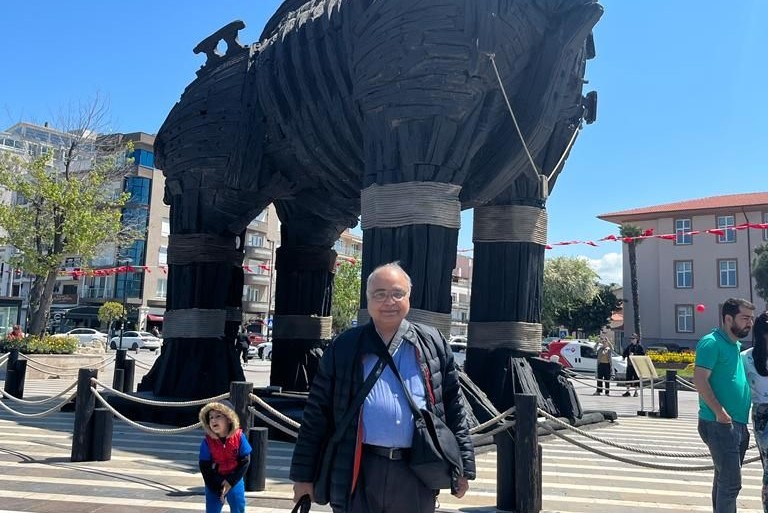
“I do not work hard. I work smart…”
Smart work helps win. Hard work helps succeed. Both are equally important.
In a world of highly inefficient funded startups, that never make profits, a lot of people are left thinking that they are smart as they work less and succeed. The fact is that they are inefficient. As we have seen in the recent past a lot of such startups struggled to survive or went under.
Once I was interviewing a guy from one of the funded startups for a sales role. Being trained in Event-based Interviewing and Competency-based Interviews, it took me little time to assess his performance and output per week.
He claimed he focused on SMART work instead of HARD work. I was amused by his remark. I asked him if he thought people working for competitors were dumb. He answered in the affirmative. I thanked him for coming over to meet me.
While I was waiting for the next candidate, I was reflecting on my career. I remembered working for a boutique firm named Tecnova in the 1990s. We were focused on India-entry strategy assignments. Back in the 90s, we were competing with McKinsey, BCG, and the Big Four- PwC, Deloitte, EY and KPMG. The quality of work that we delivered was extraordinary and far superior to that of the Big Fours. We indeed won accounts largely due to smart work, but the reason why we succeeded and sustained success was hard work. We grew 5 folds in 5 years.
Creating unique solutions and intelligent frameworks requires smart work. Delivering excellence requires extra effort and immense hard work. We charged a premium over the other competitors but because of our great efforts, our clients stayed. The clients, who had already worked with others, were convinced that the quality of our work was superior. We focused on understanding the market of our clients at the ground level, before we started strategizing. Most of the other consultants were focused on smart work from secondary sources.
People who go beyond the call of duty and contribute discretionary effort ensure that they win against the competitors. These individuals and their businesses succeed.
To win and sustain success, there must be a balance between true Smart Work and Hard Work.
Such experiences led to hypotheses that discretionary effort is a critical behavior for employee engagement and high performance. Therefore, in our P5 Employee Engagement model, one of the critical behaviors of an engaged employee is perseverance, i.e., discretionary effort.
Perseverance is power!